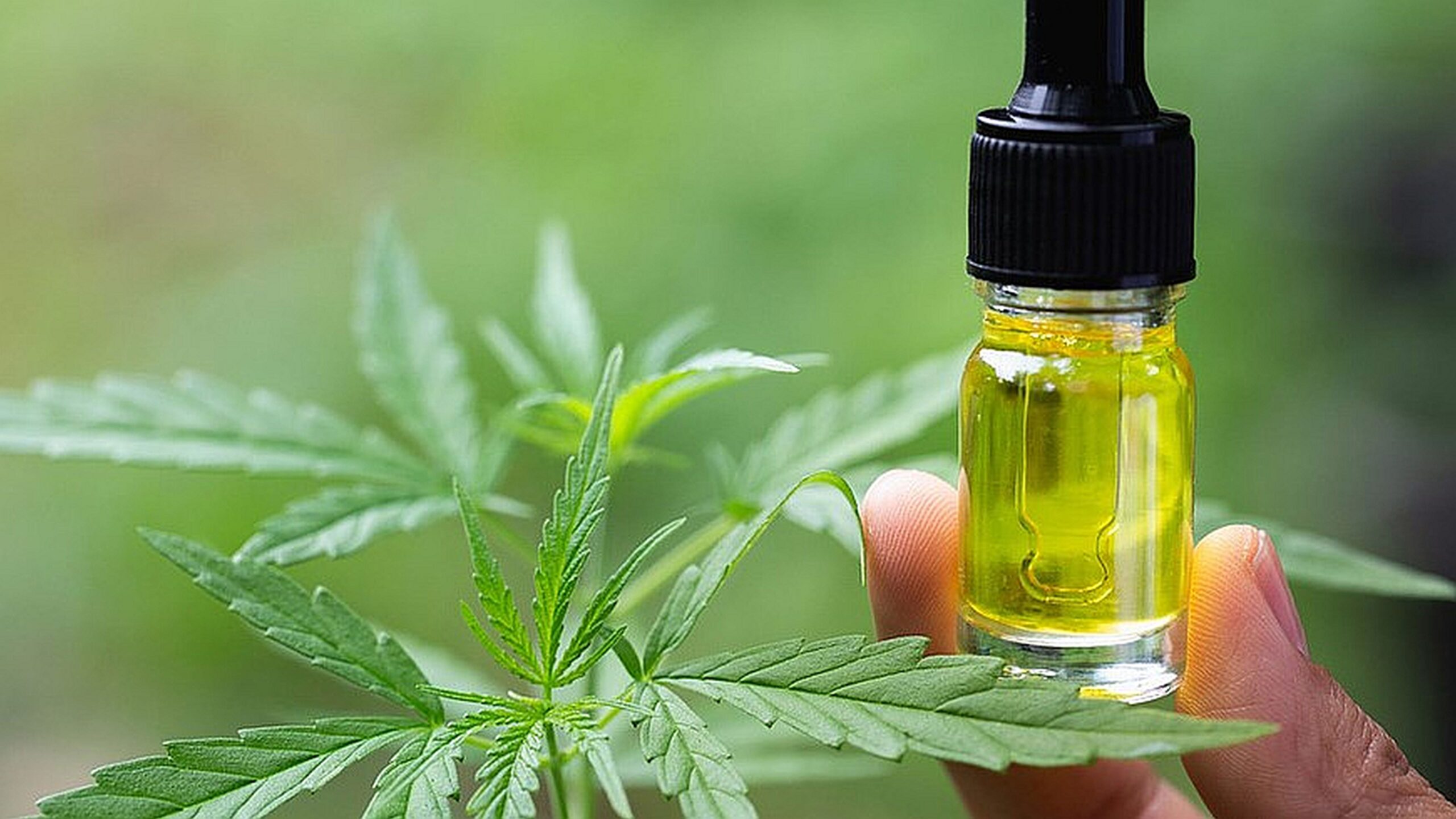Are you confused about where CBD stands in the eyes of the law? While hemp-derived CBD products containing less than 0.3% THC are generally legal, the landscape can be tricky to navigate.
Variety Of CBD Products :- Blissformula.com
This blog will clarify your rights as a consumer and guide you on safely purchasing and using CBD without crossing any legal lines. Keep reading and stay informed!
Understanding CBD’s Legal Status
CBD’s legal status varies from state to state, and there are ongoing debates about federal regulations. The FDA has also been involved in discussions regarding the legality of CBD products.
Varying state laws
State laws about CBD can be confusing because they’re all different. Some states let you buy and use CBD as long as it comes from hemp and has less than 0.3% THC. However, other states have stricter rules, and you might break the law if you are more careful.
Always check your state’s regulations before buying or using any CBD products.
Each state controls how they deal with CBD from marijuana plants, too. In places where marijuana is legal for adults, you often won’t have trouble with CBD, which has more THC in it. However, in states where marijuana is still illegal, having this kind of CBD could get you into legal trouble.
Ensure you understand your state law to stay on the right side of the law with your cannabidiol products.
Current FDA regulations
The FDA regulates CBD products to ensure safety and quality. It prohibits adding CBD to food or labelling it as a dietary supplement. The agency also tests products for accuracy in THC content and monitors health claims made by manufacturers.
These regulations aim to protect consumers from harmful substances and misleading information.
The FDA is actively involved in ongoing debates regarding CBD’s legal status. The agency continues to study the potential benefits and risks of CBD use while working on establishing clear guidelines for its lawful production and distribution.
Ongoing debates and discussions
CBD laws are the subject of ongoing debates and discussions. The varying state laws and federal regulations add complexity to the legal landscape. It is essential to stay informed about the latest updates and changes in legislation regarding CBD, as this can impact your rights as a consumer.
Understanding the ongoing debates surrounding CBD laws can help you make informed decisions when purchasing and using CBD products. Stay updated on potential regulation changes to ensure you know your rights within the evolving legal framework.
Your Rights as a Consumer of CBD
As a consumer of CBD, it’s essential to be aware of potential risks and safety concerns related to its use. Knowing the source and quality of your CBD products can help protect your rights and well-being as a consumer.
Potential risks and safety concerns
Being aware of potential risks and safety concerns is essential when using CBD products. Always ensure that you are purchasing from a reputable source to guarantee the quality and purity of the product.
Additionally, consult with your healthcare provider before using CBD, especially if you have existing medical conditions or are taking other medications. Remember that while many people find CBD beneficial, it may not be suitable for everyone due to individual health factors.
It’s essential to prioritize your safety by being informed about the potential risks associated with CBD products and taking necessary precautions. By educating yourself on CBD’s quality and appropriate usage, you can make well-informed decisions while prioritizing your well-being.
Knowing the source and quality of your CBD products
To ensure the source and quality of your CBD products, look for reputable manufacturers who provide transparent information about their sourcing and production processes. Check for third-party lab testing results to verify the potency and purity of the product.
Prioritize purchasing CBD products derived from hemp grown in compliance with legal regulations to ensure safety and legality.
When evaluating the source and quality of your CBD products, understand the significance of federal laws, including the Controlled Substances Act (CSA) and US Food and Drug Administration (FDA) regulations.
What to do if you face legal issues related to CBD use
If facing legal problems related to CBD use, consult with a qualified attorney knowledgeable about cannabis laws. Seek legal advice specific to your state’s regulations on hemp-derived products.
Keep records of your CBD purchase and usage in case they are needed for legal purposes, helping protect your consumer rights. Clarify the source and quality of your CBD products with documented evidence if required during any legal proceedings, ensuring protection under the law.
Conclusion
In conclusion, understanding the legal status of CBD is essential for consumers. It’s important to stay informed about varying state laws and FDA regulations. Knowing your rights as a consumer can help you navigate potential risks and legal issues related to CBD use confidently.
Be proactive in ensuring the source and quality of your CBD products for a safe and lawful experience.
